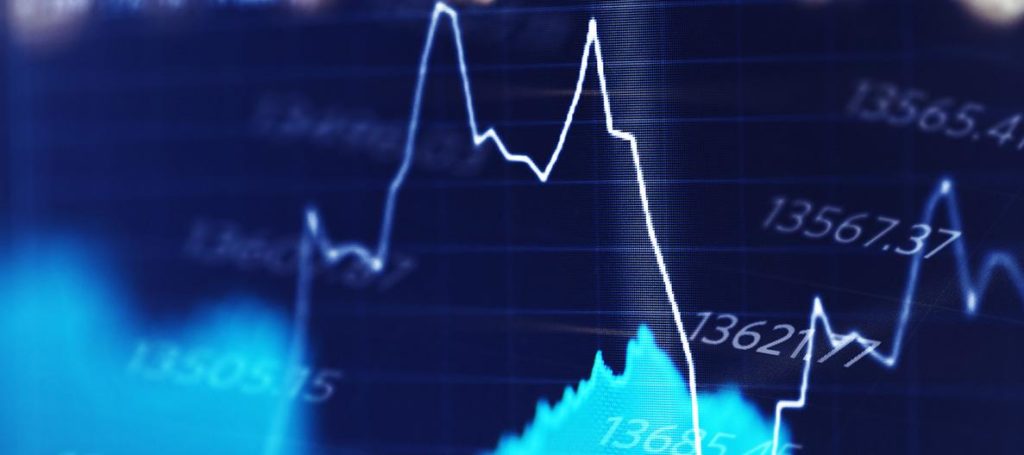Market Snapshot
Global stocks started the week on a firmly positive note Monday, with investors using last week’s stronger-than-expected U.S. jobs data to drive markets higher even as they remain concerned over the impact of trade disputes between the White House and its major economic allies.
China’s warning Monday that it would retaliate against any move by the U.S. to impose further sanctions on trade between the world’s two biggest economies couldn’t dent regional investor optimism, as traders lifted markets across the board, with tech stocks leading the charge, after Friday’s robust jobs report painted a healthy underlying picture of the U.S. growth.
The MSCI Asia ex-Japan index rose 1.12% into the close of trading while Japan’s Nikkei 225 ended the session 1.37% higher at 22,475.94 points.
Early indications from U.S. equity futures suggest a solid open for Wall Street, with contracts tied to the Dow Jones Industrial Average pointing to a 140 point gain while those linked to the broader S&P 500 marked for a 11.7 point advance.
Futures contracts tied to the Nasdaq are pointing to a 33-point opening bell gain, meaning the tech-heavy benchmark could test its January record high of 7,588 points amid gains for Action Alerts PLUS holding Apple Inc. (AAPL) , which closed at an all-time peak of $190.24 Friday.
Still, the backdrop of a full-on trade war between Washington and Beijing continues to hang over markets this week and ahead of what promises to be a testing meeting of G-7 leaders in Quebec City starting June 8.
U.S. Commerce Secretary Wilbur Ross wrapped-up a series of meetings with his opposite number in China, Vice Premier Liu He, Monday without making progress on a host of issues between the two nations in a dispute over tariffs, access and trade deficits.
In fact, China’s state-run news agency ran a statement noting that, while “reform and opening up and expanding domestic demand are China’s national strategies … if the United States introduces trade sanctions including raising tariffs, all the economic and trade achievements negotiated by the two parties will be void.”
The threat, however, didn’t hurt gains in European stocks, although investors appear ready to return to risk markets now that Italy’s political turmoil has cooled, for the moment at least, following the swearing in a coalition government last Friday.
The Stoxx Europe 600 benchmark rose 0.55% in the opening two hours of trading, with Germany’s DAX performance index gaining 0.36% and Britain’s FTSE 100 grinding 0.7% to the upside in the opening minutes of trading.
Banking sector stocks led the advance in Europe following a weekend report from the Financial Times that said UniCredit SpA (UNCRY) could be preparing a mega-merger with Societe Generale (SCGLY) in a deal driven by Jean-Pierre Mustier, now CEO of Italy’s largest lender but the former head of the French group’s investment banking operations.
UniCredit shares were marked 1% higher in early European trading at €14.75 each while SocGen gained just under 1.77% to change hands at €38.20.
Deutsche Bank (DB) shares were also active, rising 2.8% to €9.67 each after falling to a record low last week following reports that it was placed on a list of “troubled” institutions by the U.S. Federal Reserve, with German business daily Handelsblatt writing that another major investors in the country’s biggest bank is growing increasingly concerned with its direction and leadership.
Away from stocks, last week’s U.S. payroll data, which showed unemployment fall to an 18-year low of 3.8% and average hourly earnings rise by a faster-than-expected 2.7%, has boosted by U.S. Treasury bond yields and the dollar as investors re-set bets on the Fed’s rate hike path.
Benchmark 10-year U.S. Treasury bond yields were marked 2 basis points higher from Friday’s close at 2.91%.
The U.S. dollar index, however, which tracks the index against a basket of six global currencies, slipped 0.43% to 93.77 as global risk appetite improved, helping the pound rise to a seven-day high of 1.3390 and the euro jump 0.1% to 1.1725.
Global oil markets continued to slide in early Monday trading, with investors factoring in last weeks rise in U.S. production, which was tabbed at a record 10.47 millions barrels a day by the Energy Information Administration, and the highest number of drilling installations in the Gulf region in more than three years, according to data from Houston-based oil services group Baker Hughes.
Brent crude futures contracts for August delivery, the new global benchmark, were seen 31 cents lower from their Friday close at $76.47 per barrel while WTI contracts for July crude were marked 9 cents lower at $65.72 per barrel.

























